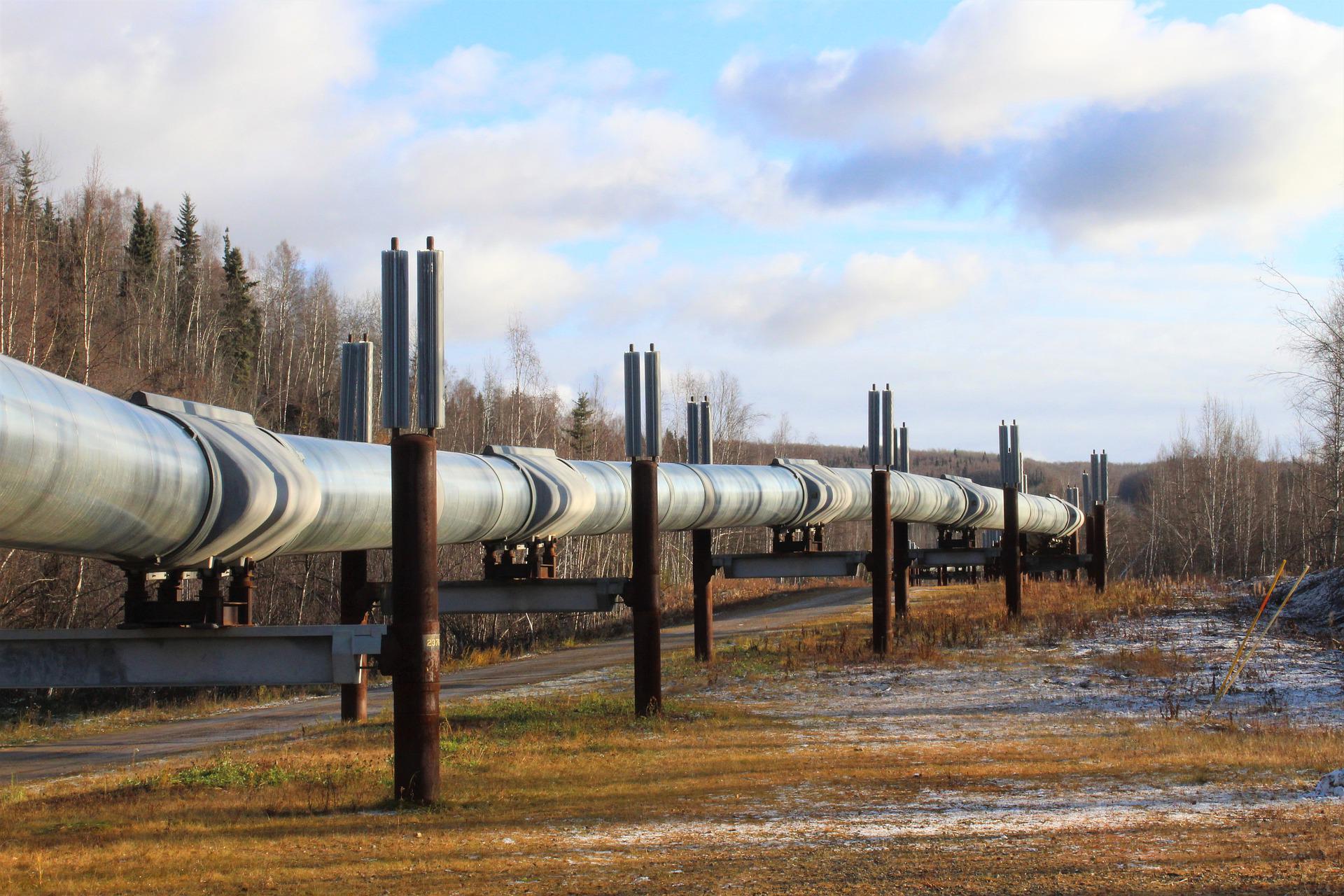
Ukraine imposed new sanctions against Russian oil giant Lukoil in June, blocking the Friendship pipeline.Continue reading
The European Commission (EC) has come to the preliminary conclusion that an urgent consultation on Lukoil supplies through Ukraine does not appear justified as there is currently no indication of any immediate risk to security of supply, a spokesperson for the EC said at the Commission’s regular daily press conference in Brussels on Thursday.
“On the basis of the information available to us and in line with the analysis on internal security, it appears that the sanctions imposed by Ukraine on Lukoil will not affect the oil transit operations of commercial companies through the Friendship pipeline as long as Lukoil is not the formal owner of the oil,” Balázs Ujvári said. The spokesman noted that EU Trade Commissioner Valdis Dombrovskis had discussed the Lukoil shipment issue in detail with Ukrainian Prime Minister Denis Shmihal. After the discussion, the EC sent a second letter to the relevant ministers of Hungary and Slovakia to communicate the preliminary analysis of the Brussels body and encourage the two member states to share any further and detailed relevant information, he explained.
EU Commission spokesman Adalbert Jahnz said that in July the missing oil from Lukoil was replaced by various other suppliers on the same oil pipeline. There are also other alternatives for Hungary and Slovakia, such as increasing imports from the company JANAF, that operates the Croatian section of the Adriatic pipeline, he said.
However, Foreign Minister Péter Szijjártó claims that the Croatian oil pipeline operator JANAF continues to charge unreasonably high and unfair prices for its services and has increased them significantly in recent years.
JANAF cannot compensate for a possible loss of the Russian pipeline, as it does not have the necessary capacity,
the minister explained in a Facebook post Friday morning. Croatia is “unreliable because oil transit prices have increased fivefold since the outbreak of the war. It is unreliable because they have made it impossible for MOL to contract long-term transport capacity. It is unreliable because the investments necessary to increase pipeline capacity have not been made and the maximum capacity figures are never proven.”
Tamás Menczer, communications director of Fidesz-KDNP, said on M1 news channel and Kossuth radio on Thursday that “there is a good chance that Brussels itself, or Ursula von der Leyen herself, could have suggested to Ukraine to cut off oil.” The government politician stressed that they have legal options in this situation, but Hungary does not want to “blackmail Ukraine.” He added that in his opinion,
the timing and the level of the migration penalty imposed on Hungary is not a coincidence, “Hungary got this because of its stand for peace.”
In a Facebook post, Barna Pál Zsigmond, Parliamentary State Secretary of the Ministry of EU Affairs, described the situation as a pressure from Ukraine and Brussels for Hungary to “join the pro-war side.” He stressed that Ukraine’s unprecedented move that puts the oil supply of two EU countries at risk, has so far not been met with a substantial reaction from the EU leadership, which is not willing to stand up for the interests of Hungary and Slovakia.
The State Secretary believes that Brussels is “playing for time.”
Instead of taking immediate action to clarify the Ukrainian side’s actions contrary to the EU-Ukraine Association Agreement, the Commission is waiting for the Hungarian and Slovak sides to justify the impact of the Ukrainian side’s hostile and seriously offensive behavior on the Member States concerned.”
He went on to say that under the EU-Ukraine Association Agreement, Ukraine cannot interrupt the transit of energy products through Ukraine to EU Member States.
He concluded his post by explaining that “in search of a solution, our country, together with Slovakia, has initiated a pre-arbitration consultation process with the European Commission, hoping that it will ultimately stand by the Member States it was originally created to help.”

Ukraine imposed new sanctions against Russian oil giant Lukoil in June, blocking the Friendship pipeline.Continue reading
Via MTI, Featured image: Fecebook/MOL
Array
(
[1536x1536] => Array
(
[width] => 1536
[height] => 1536
[crop] =>
)
[2048x2048] => Array
(
[width] => 2048
[height] => 2048
[crop] =>
)
)